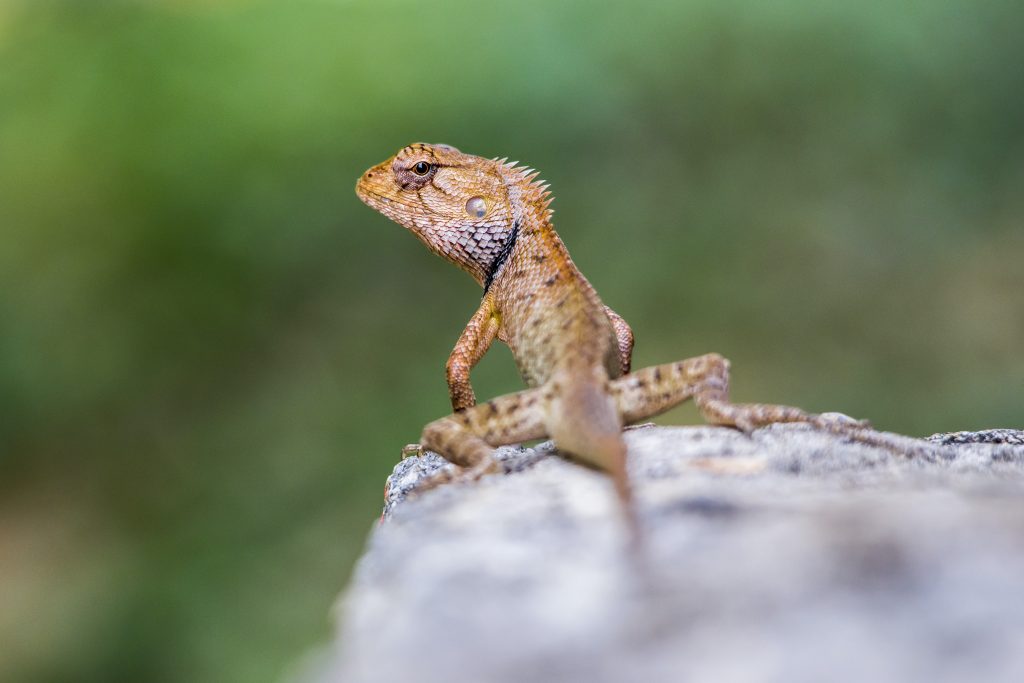Top 5 Secrets You Should Know to Protect the Health of Your Reptiles
Check out these pro tips for reptile pet owners and breeders for taking the best care of your reptile friends.

Image Source: Photo by Jolo Diaz from Pexels
The popularity of reptiles as pets is on the rise. As more reptiles are being brought to veterinarians, owners’ expectations regarding their health are also rising. Although reptiles are considered to be low-maintenance pets, they still require constant attention. So do your homework, and find out what is needed for the proper care of a reptile. Before bringing home a reptile as a pet, you will need to learn about the different species, their behaviors, feeding, and other relevant information.
We have put together a list of tips on caring for your reptile pets to help you along the process.
1. Have Your Reptile Examined By A Vet
Having your reptile examined by a vet regularly is the best way to detect a disease before it gets serious. Preventative care and proactive healthcare are essential for the optimal health of your new reptile pets.
The majority of reptile diseases are caused by direct or indirect substandard husbandry; therefore, a thorough review of husbandry practices, hygiene, and diet is essential before a standard physical examination. Indeed, it is impossible to find out what`s wrong with a reptile without an understanding of its proper care.
Keep a record of your husbandry practices and bring those with you when you go to your veterinarian appointment. Even if you have not had your pet for very long, try and collect as much information as you can from the previous owner or the breeder. Because the more data you can provide your veterinarian, the better care they can provide.
2. What Should you feed them
A common question most reptile owners ponder over is What Foods Do Reptiles Eat? Well, with a few exceptions, modern reptiles feed on some form of animal life (such as insects, super worms, birds, frogs, fish, even other reptiles too. And some of the food items are more affordable than others, like Superworms for sale so they can feed that to their beloved reptiles and insure their health in a cheaper way. Land tortoises mostly eat leaves, grass, sometimes even cactus too because they`re vegetarian.
3. QUARANTINE YOUR REPTILES
Never put your newly-adopted animal in with your other animals. A lack of proper quarantine is one of the main reasons for disease outbreaks in large, private collections. Sadly, the incubation period for many reptiles has not been determined, but a quarantine period of a minimum of three months to six months is highly recommended. New additions should enter and leave the quarantine area at the same time. The quarantine facility should be somewhere far away from your other animals in a separate air space. Quarantined animals must have their separate water and food containers and other necessary equipment. Once you have completed your quarantine period for the new animal, you can have them checked by a vet before introducing them to your existing collection of animals/pets.
4. TEMPERATURE, LIGHTING, AND HUMIDITY FOR Your Beloved REPTILES
Lighting needs of reptiles
Full-spectrum fluorescent lights are needed to duplicate the characteristics of natural sunlight. These lamps are readily available at pet stores. Do not confuse these lights with the growth lights for plants, as those lights completely lack UVB radiation. This portion of the spectral band of lighting (290 to 320 nm) is essential for vitamin D3 biogenesis, helping in vital calcium metabolism in reptiles.
Snakes generally do not have any significant requirement for lighting. However, many lizards require lights for the production of vitamin D3 in their body. They also require natural light for several behavioral and physiological benefits. The best source of the best quality and full-spectrum lighting is unfiltered sunlight. For indoor lighting, a suitable bulb within 12 inches of the reptile should do the trick. And it should be replaced every six to 12 months.
Heating Needs of Reptiles
Because reptiles are cold-blooded creatures, you will need heat lamps or heaters to provide them with the warmth they need to survive. You can use several types of heaters such as incandescent bulbs, infrared ceramics, heating pads or mats, warming cables, radiators, and natural sunlight radiation. Most of the time, the owner’s home heating system is not enough to provide the preferred optimum temperature zone (POTZ) for the reptile. Insufficient heating is a common cause of immunosuppression, leading to many diseases. While offering an adequate amount of heat is essential, you also need to place the heater at a reasonable distance from the animal to avoid burns or accidents.
Reptile Humidity Requirements
The most overlooked aspect of the captive environment for a reptile is humidity. Even the most enthusiastic, caring, and knowledgeable keeper often neglects to install a hydrometer within the vivarium.
Humidity is a function of temperature, water surface area, and ventilation. The main problem which occurs most of the time is the idea that you must restrict ventilation to increase humidity. These steps result in static air and a rise in bacterial and fungal infections, especially on the skin and the reptiles’ respiratory system. The best way to maintain ventilation and regulate humidity would be by providing a larger water surface area (shallow water containers and regular spraying) or increase water temperature by placing a heat mat under a shallow water container.
5. Diseases Caused by Reptiles
Reptiles, like all other animal groups, can cause diseases in humans. However, there is no reason to believe the risks of reptile-borne diseases to be more significant than for other animal groups. Maintaining personal hygiene after handling a reptile can reduce these risks a lot.
Finally, having a pet can be a gratifying experience. Pets provide companionship that we all crave. Having a pet is a huge responsibility, and we owe it to our pets to have the research and knowledge with us to provide them the best care possible. Reptiles can make for great pets as they learn to bond quickly with their owners, and they can be pretty easy to care for. Ask your veterinarian for advice on how best to care for your reptile pet.




